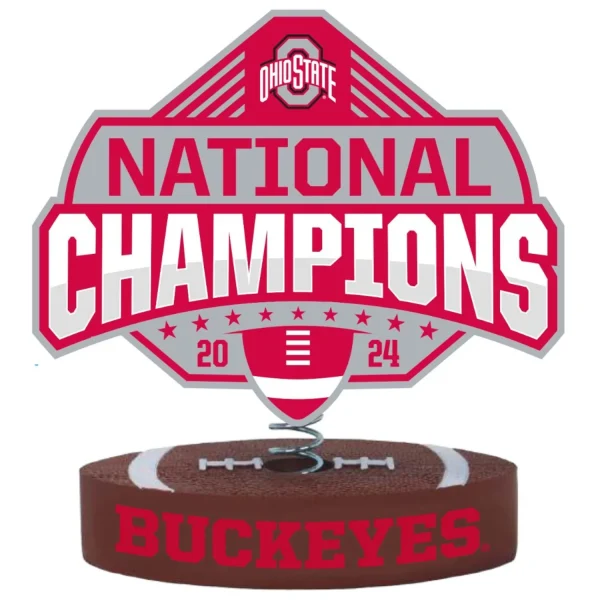We’re Paying for Our News, and We Shouldn’t Have To

“Birds of a feather flock together.” We see this old proverb as true in most every social situation. And of course it’s true; why would we want to surround ourselves with like minded people? This has certainly been the case in politics, with both parties wanting their own people in any position in any branch they can get into.
In January of this year, Donald Trump appointed Republican Ajit Pai as chairman of the Federal Communications Commission (FCC), and in March he confirmed his vote to renominate Pai as chairman for the next five years. Though he has not held this position for even a year now, Pai has certainly tried his best to instate many new changes to the regulations of American communications.
On Thursday, the FCC voted to remove important regulations on major corporations owning multiple TV and radio stations in a major market, and from companies owning multiple stations in a local area. The vote tallied 3-2, demolishing the 42 year old regulations.
This vote stands to destroy the balance of fair news in TV and radio broadcasting. The only entities that gain from the deconstruction of these rules are money-hungry communications companies, whose goals are not to allow us to exercise our rights to free press, but to influence the massive market that they can now monopolize and spread the information that they want us to know, not the information that we need. Oh, and that’s not to mention the real motivation behind every move that any big company makes: to make money.
However, this vote is not the only one that is expected to majorly affected mass communications in this year alone. Net Neutrality, the hot topic issue of the FCC, is facing a major vote in the upcoming month. If Pai gets his way, this vote will reverse the Title II ruling from 2015, ending the protection of free internet that has thus far served to protect consumers from companies charging more for fair, unregulated internet usage.
Pai commented, saying, “… I shared with my fellow commissioners a proposal to reverse the mistake of Title II and return to the light touch framework that served us so well during the Clinton administration, Bush administration, and first six years of the Obama administration.”
This seems like a very flimsy justification, as the way we use internet and news media itself has radically changed since the Clinton, Bush, and even beginning of the Obama administrations. In reality, this vote puts more control, more power, and more money in the hands of internet providers (and by extension the representatives that they lobby).
As a citizen being affected by this vote, Jacob Bergey (11) describes his frustration with this vote.
“Economically, it’s genius. It’s going to pull a lot of money out of people, but it gives them more power over what we can do,” said Bergey.
He then goes on to explain his frustration with the argument for the demolishment of Net Neutrality.
“A person’s right should come first. I think there’s a point where the government should regulate the economy, but not to the point where it impedes on a person’s rights,” said Bergey.
All in all, these votes almost seem to display the most heated, relevant argument since the beginning of the Trump administration: the relevance and importance of journalism and journalistic integrity falling to capitalism. It is apparent to anyone paying attention that certain people in positions of power value the latter over the former, to the detriment of the average American citizen.
Sources
FCC reportedly planning vote that could kill net neutrality next month
https://www.theverge.com/2017/4/26/15437840/fcc-plans-end-title-ii-net-neutrality
https://www.theverge.com/2017/11/16/16666660/fcc-media-consolidation-vote









